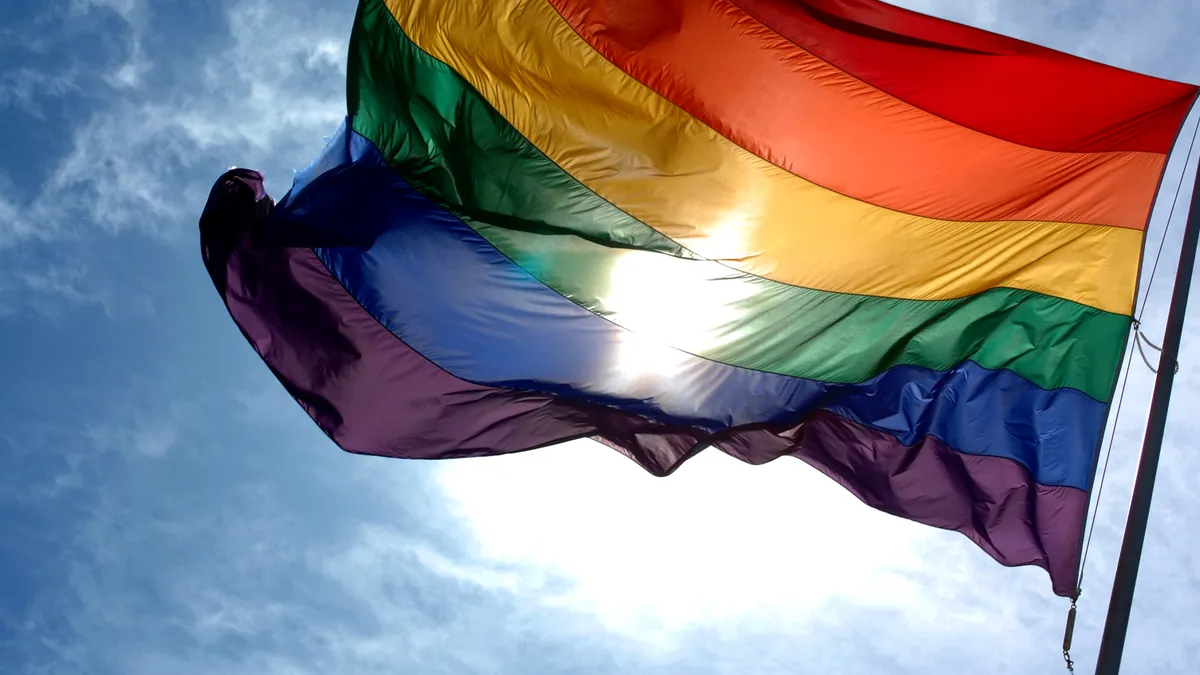Dive Brief:
- The majority of LGBTQ executives in a recent survey by Russell Reynolds Associates said sexual orientation and gender identity are included in their organizations' diversity and inclusion strategies, but they were also less likely than non-LGBTQ executives to say their organizations place a priority on attracting and developing diverse talent.
- Leaders found that shifting D&I initiatives from concept into meaningful action was difficult, according to Russell Reynolds Associates. Among LGBTQ executives, who made up 8% of the survey's more than 700 respondents, 45% said that diverse talent left their organization because of a lack inclusion or engagement, and LGBTQ executives cited a lack of retention and development initiatives as the No. 1 barrier to their professional success.
- The firm recommended that employers seeking to improve D&I and diversity hiring goals apply a multi-faceted strategy including: 1) communicating a clear commitment to D&I and diversity hiring goals; 2) displaying a code of conduct on intranets and removing biased language from job ads to mitigate risks; and 3) establishing diverse hiring panels for all hiring decisions, engaging with employee resource groups and incorporating D&I into business strategy.
Dive Insight:
Inclusion has been routinely cited as being a critical factor in successful D&I initiatives by HR experts, but many have also described a diversity "fatigue" affecting employers. This can effectively prevent D&I initiatives from actually helping the employees they were designed to impact. Speakers at the 2019 #Workhuman conference said these challenges are not well understood and could force even the most inclusive organizations to re-examine their approach.
LGBTQ issues may be just a part of the D&I puzzle, but the strategies used by cultures that promote LGBTQ equality may be applicable to larger D&I efforts, too. The Human Rights Campaign, for example, has highly rated employers that spell out clear non-discrimination policies, provide inclusive employee benefits options for LGBTQ employees and partake in acts of corporate social responsibility with respect to LGBTQ issues. Employers can also help diverse groups by promoting cultural values of respect, recognizing the contributions of their members and providing them with the same development and advancement opportunities as their peers.
All employee groups have their own unique issues and experiences. For example, D&I initiatives won't necessarily work for all LGBTQ employees, some of whom might prefer to keep their personal lives private. Employers will need to respect LGBTQ workers' privacy while ensuring that D&I policies and initiatives don't exclude them.












